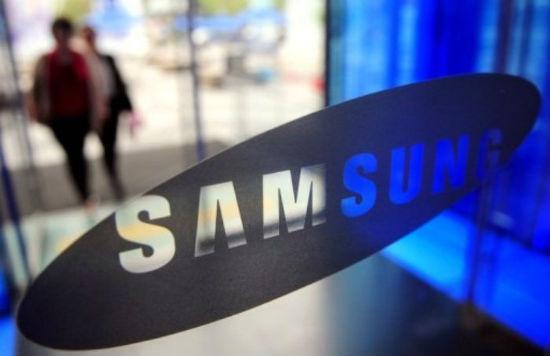
According to the Nielsen Company & Billboard’s 2012 Music Industry Report, digital track sales increased 5 percent year over year, while the sales of digital albums jumped 14.1%, and it’s not going unnoticed in South Korea. In a recent interview with The Next Web, Samsung’s SVP TJ Kang said Samsung is looking to expand Music Hub across their entire portfolio of devices. Great news for those having trouble syncing their Amazon account with their Samsung refrigerators.
Basically, if you thought you had no reason to buy music the old-fashioned way, now you really don't. Samsung is looking to bring tunes to their appliances, computers, and smartphones all at once. Bear in mind, Samsung already offers Music Hub on their Galaxy S III and Galaxy Note II, but that’s where it ends. Kang is referring to Music Hub as it’s own app which would eventually be available on all smartphones. Impressed yet? Imagine your music streaming across your 55-inch Samsung OLED TV, ASUS Transformer tablet, and HTC DROID DNA. It might sound unnecessary at first, but do we really need half the freedoms manufacturers currently offer consumers? No, so sit down, reader and brace yourself because Samsung looks set to have a drastic impact in all of our musical desires.
Direct competitors at the moment are somewhat limited. Amazon and Google, both of which are no slouches in the digital market, currently dominate the arena. Apple’s is the originator of the digital music revolution, but they’re limited to devices running iOS. Simply put, it’s bad news for Apple for the time being. And with the recent news that Nokia is joining the streaming music party, it can't sit too well out in Cupertino.
Since the cloud-based Music Hub offers online traditional music store purchases, online radio streaming, streaming services, and cloud-locker services, it would be much more accessible than Apple’s closed iTunes ecosystem. And with Samsung’s recent overtaking of Apple in smartphone shipments, the Korean giant has all the momentum to make Music Hub work.
Surely, Samsung is capable of breaking into the digital music empire, but it won’t happen overnight. And it won’t be to the same effect that Amazon and Google have successfully managed to over the years. This is where the real fight is.
You can safely assume a few things about Samsung’s launch of Music Hub. The first is that it would be a native app on all Galaxy devices. In the end, there’s no reason Samsung wouldn’t put it on all of their devices, but considering the majority of digital music purchases were made on smartphones, it looks limited in this regard. Samsung’s end goal is to offer it just like Amazon MP3 and Amazon Cloud Player. Where the advantage lies in Music Hub is that it centralizes what Amazon has divided.
Acquiring the licenses from record labels will be no easy feat and will no doubt require patience on their part. This means Samsung has time to decide the best way to attack the digital music entourage. And I’m sure they’re ready to carry their mind share into their construction of the digital ecosystem.
One thing Samsung needs to consider while it acquires the licenses it needs is its point of entry into the market. Digital music is no easy landscape to pave. For the same reason it’s a two-horse race in the mobile OS adoption party, it’s a two-horse sprint in the digital music market. Google is the new guy at the scene, but they’re learning quick. If Samsung wants to make a dent in the market, the best time to strike is now. Kang knows this. It’s just going to take time to acquire the licenses before the music can get to our kitchens, living rooms, and pockets. In the meantime, expect Google to invest resources in their ecosystem which has shown true success as of late.
How do you feel about a third wheel in the ever-expanding market of digital music purchases, storage, and streaming? Do you need another option, or are you satisfied with iTunes, Google Play, and Amazon MP3? If you aren’t satisfied, tell me why. Otherwise, let’s rally and tell Samsung options are good and that we badly desire Music Hub’s centralized approach because it just makes sense.